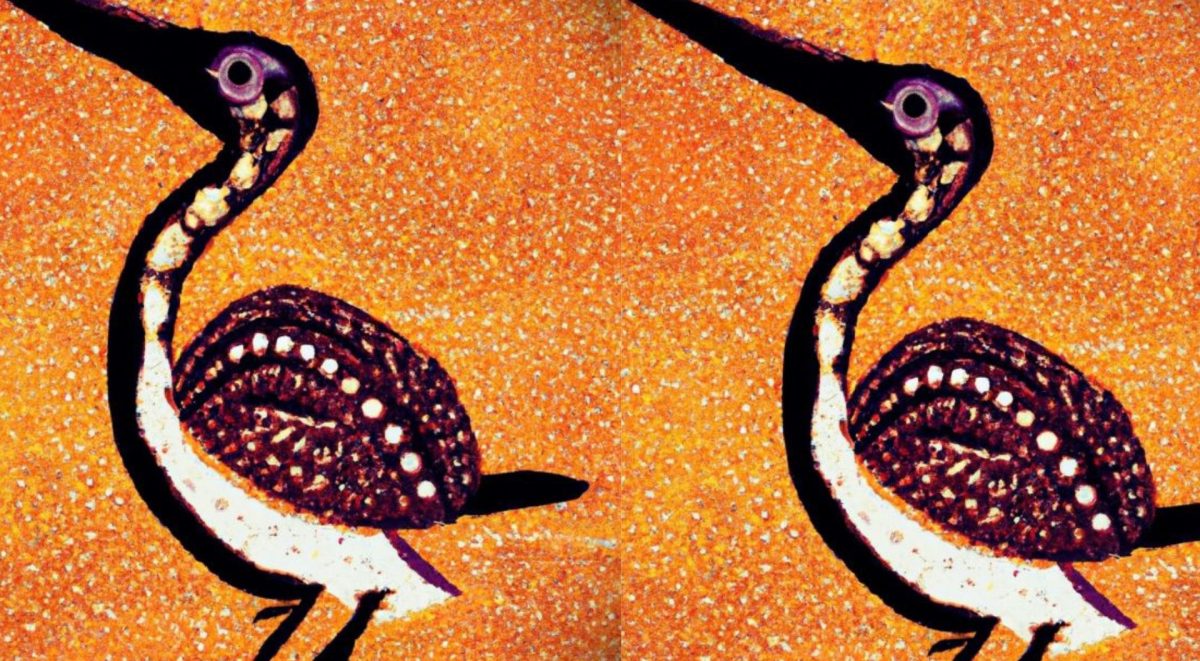
The Cooks River Alliance (CRA), announces the Goolay’yari Aboriginal Partnership Strategy.
The Aboriginal Community Partnership Strategy is a roadmap for Aboriginal inclusion and partnership, co designed with Traditional Custodians and other local Aboriginal people connected to the Cooks River. It recommends a set of measures for the Cooks River Alliance to take a collaborative journey towards more inclusive, respectful, and culturally rich engagement with the Aboriginal peoples of the Cooks River. The strategy’s vision is to forge a strong, collaborative and inclusive partnership between the Cooks River Alliance and Traditional Custodians and other relevant Aboriginal peoples, underpinned by a shared commitment to preserving the Cooks River’s heritage, promoting reconciliation, fostering cultural understanding and respect, and of course, caring for Country.
How the strategy was created
This strategy was developed by Lyrebird Dreaming Pty Ltd through a co-design process from May to October 2023 with Traditional Custodians and other Aboriginal peoples connected to the Cooks River. It has nine recommended goals for greater inclusion and partnership.
The strategy has nine goals, each identified and driven by community aspirations and designed to bring about meaningful and inclusive change:
- Revive Cultural and Community Celebration: Bringing back the Wurridjal Festival will create a positive forum to celebrate the river’s rich Aboriginal heritage and contributions, foster community connections, and promote cross-cultural understanding and empathy.
- Genuine Joint Management: Reforming the Alliance’s governance to establish a Joint Management Committee (JMC) that has 50% Aboriginal representation and an Aboriginal co-chair will foster shared responsibility and equitable representation.
- Rename as Goolay’yari Alliance: A name change to Goolay’yari Alliance can authentically acknowledge the catchment’s enduring Aboriginal heritage, promote decolonisation, and reinforce reconciliation and two-way collaboration.
- Aboriginal Boatshed and Cultural Hub: An Aboriginal Boatshed as a cultural hub, can help foster artistic expression and cultural practices, educational programs, and eco-tourism opportunities centred on Traditional Custodians’ knowledge and traditions and including other Aboriginal peoples connected to the river where appropriate.
- Incorporate Aboriginal Naming Protocols and Knowledge: Integrating Traditional Ecological Knowledge (TEK) more actively and applying Aboriginal naming protocols to the river and its management will enhance the effectiveness of conservation and restoration efforts and promote greater recognition and awareness of Aboriginal values and heritage.
- Re-establish Aboriginal Landcare Coordinator Position: Re-employing an Aboriginal Landcare Coordinator dedicated to caring-for-country activities along the river will help bridge communication gaps and promote partnership and co-design of initiatives with local Aboriginal communities. The position can also lead implementation of this strategy.
- Cultural Competency Training: Comprehensive cultural competency training for all non- Aboriginal employees and Board members of the Alliance, facilitated by Aboriginal people with connections to country, will increase cross-cultural capability and promote cultural safety and empathy.
- Promote Indigenous Procurement: By joining Supply Nation and increasing flexibility in procurement policies, the Alliance and its members can empower Aboriginal businesses, and foster economic growth, resilience, and relationships with local and broader Aboriginal communities.
- Reconciliation Action Plan: Developing and publishing a Reconciliation Action Plan (RAP) will provide a clear roadmap for actions and targets on Reconciliation, Aboriginal inclusion and engagement, and cultural preservation.
Image: Goolay’yari by Gregory Andrews

